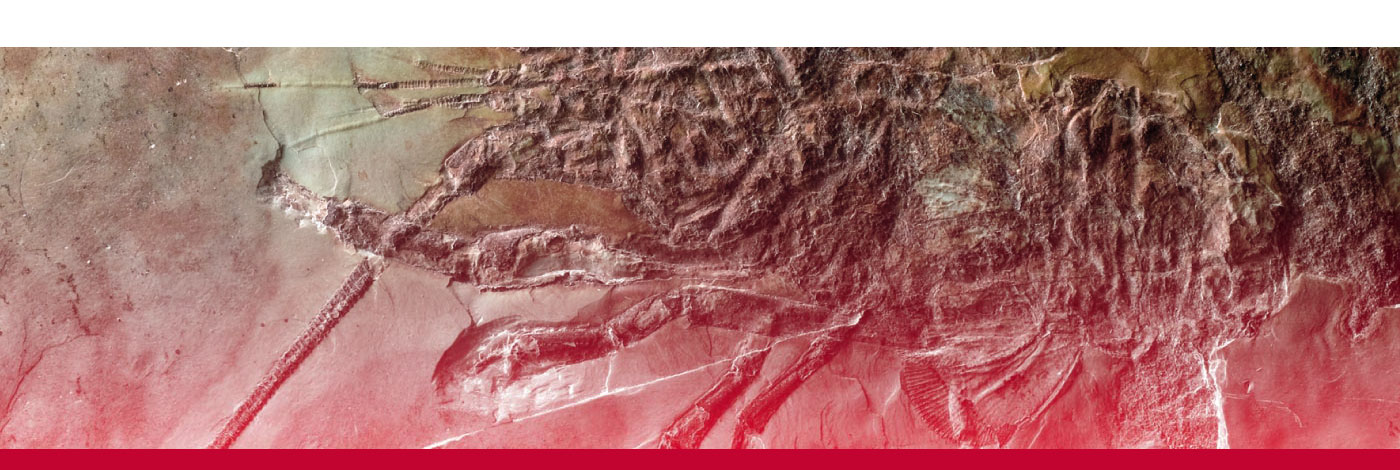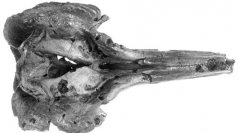

 Geodiversitas
27 (3) - Pages 443-497
Geodiversitas
27 (3) - Pages 443-497A systematic revision of the fossil beaked whales (Cetacea, Odontoceti, Ziphiidae) Ziphirostrum du Bus, 1868 and Choneziphius Duvernoy, 1851 from the Neogene of Antwerp (Belgium, southern margin of the North Sea Basin) is undertaken. It is based on several rostra and partial skulls from the collection of the Institut royal des Sciences naturelles de Belgique. From the previous conclusions about those taxa, dating from the beginning of the 20th century and suggesting only one species in each genus, Mioziphius (Ziphirostrum) belgicus and Choneziphius planirostris, the following modifications are proposed. The genus Ziphirostrum includes three species: Z. marginatum, Z. turniense, and Z. recurvus n. comb. Basicranial fragments and teeth of Z. marginatum are described for the first time. Besides the most common species Choneziphius planirostris, the species C. macrops is identified from Antwerp and the east coast of North America. A new genus and species Beneziphius brevirostris n. gen., n. sp. is described on the basis of two specimens characterized by a short and pointed rostrum. Two partial skulls are placed in Ziphiidae aff. Eboroziphius, a genus known from the east coast of North America. The genus name Aporotus is restored, with a large species A. recurvirostris, and a smaller species A. dicyrtus. A parsimony analysis including fossil and extant ziphiid taxa shows a sister-group relationship between Choneziphius + (Tusciziphius + Ziphius) and Ziphirostrum + Beneziphius n. gen. The poorly known Aporotus seems more closely related to Choneziphius + (Tusciziphius + Ziphius), but additional morphological information is needed.
Mammalia, Cetacea, Odontoceti, Ziphiidae, Ziphirostrum, Choneziphius, Miocene, Pliocene, Belgium, fossil, phylogeny, new genus, new species